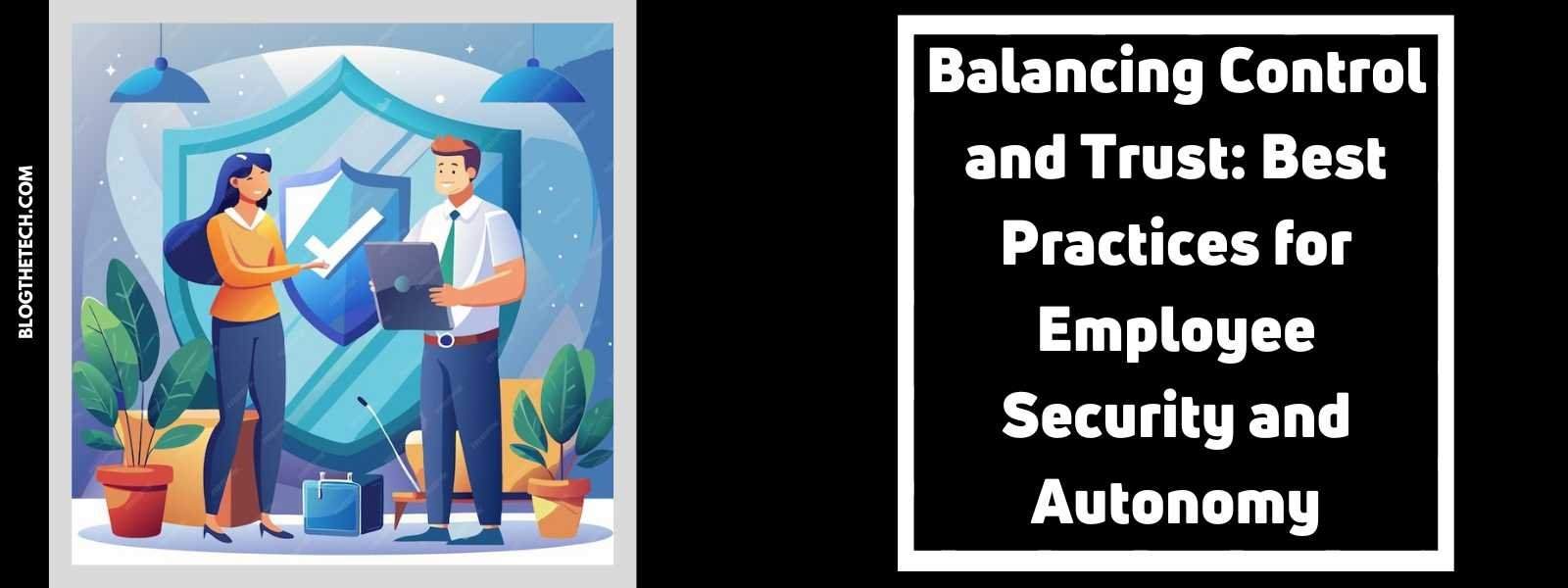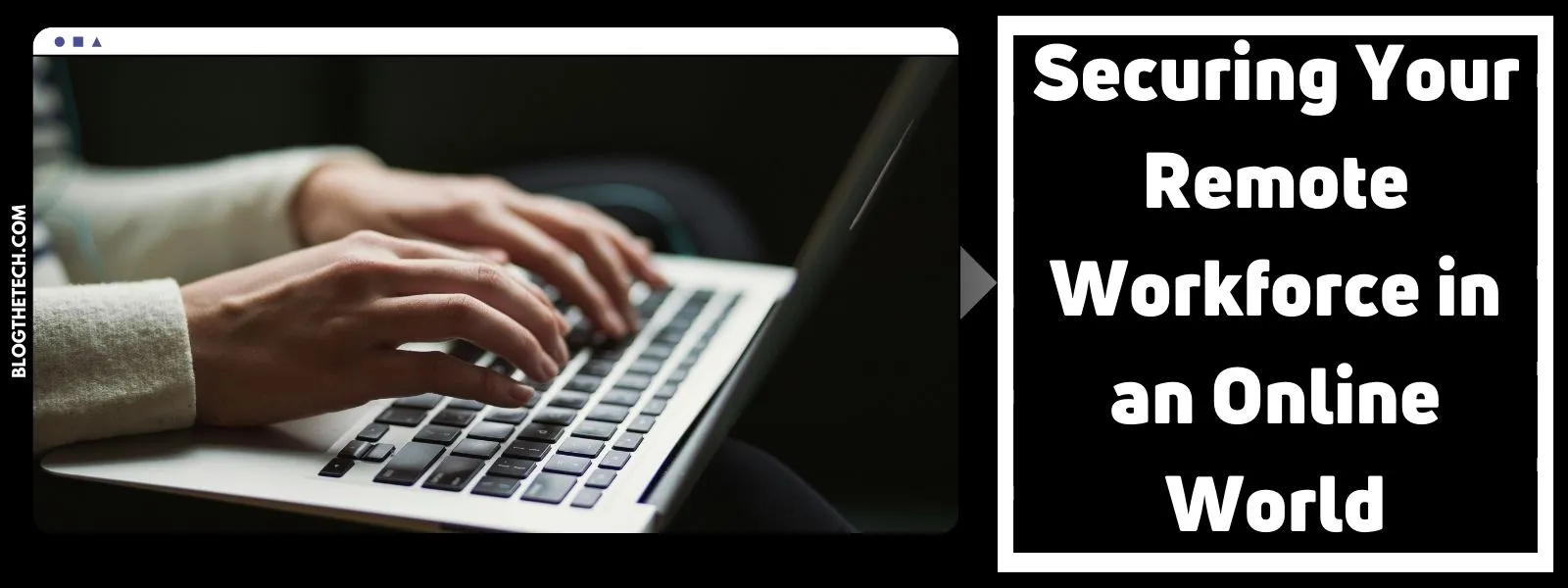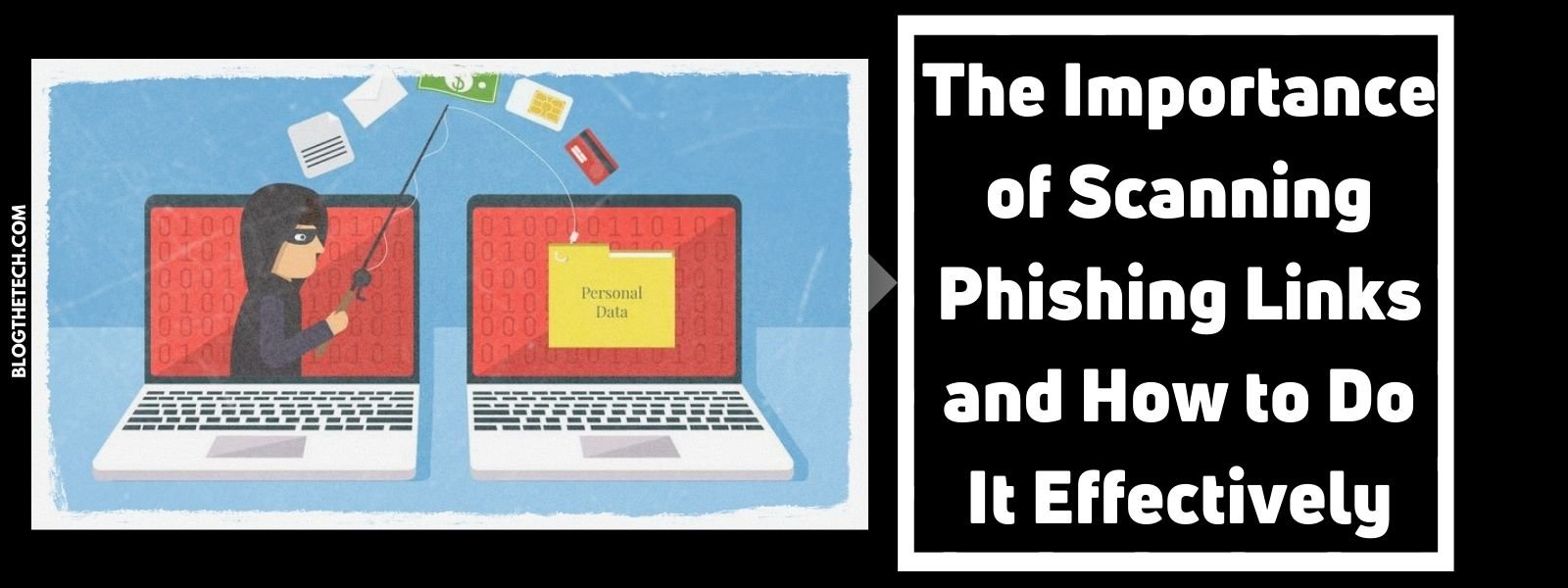It may be hard to believe now, but social media used to be a novel concept. It wasn’t until 2002 that Facebook was founded and in 2004 that the first iPhone changed the way we use social media. Along with it came a new generation of people who were born into this era of instant information access and constant connectivity, which is likely why so many young adults are addicted to social media today.
How Did Social Media Get So Popular?
It’s estimated that in 2011, over half of all Americans were connected to the Internet via social media, and as of 2017 that number has climbed to more than two-thirds. Facebook is currently the largest social media platform in the world, with over two billion registered users, over half of which access it daily.
The rapid rise in popularity is largely because these platforms are easy to use and are free. However, that doesn’t mean that there isn’t a cost to pay for accessing social media platforms.
The Dangers of Social Media
The following are examples of the dangers of sharing too much on social media. The digital identity lifecycle is becoming more complex as companies try to secure their customers’ data against unauthorized access.
1. loss of privacy
Social media platforms are designed to make it easier for users to connect, but they also make it easier for criminals to access people’s personal information. Facebook has a comprehensive privacy policy, which contains information on how companies collect and use personal data. Users can review the policy in the “privacy” section of settings.
The problem is that users may not be aware of how much access their accounts have to others’ information because Facebook’s privacy policies are extremely broad and not well-explained, which means that many people aren’t even aware they’re giving up their privacy by using social media at all.
2. Vulnerable to Identity Theft
By sharing a lot of information online it is possible to unwittingly give away enough information so that fraudsters can steal identities. Although the owners of social media accounts are usually careful about securing access to their information, it is still possible for hackers to access personal details online.
It is vital for users to share less sensitive information or to lock down access to their accounts to stop fraudsters from attempting to phish for access to an account.
3. Unauthorised access
Users of social media apps should also practice caution using mobile devices on public WiFi like internet cafes or libraries because the default setting on many smartphones is for it to automatically join any wireless network that it sees.
Social media has many benefits, but the cost of using social media is an infringement on one’s privacy and a danger to their identity. We all have to be more careful in terms of what information we share online and we should not assume that our personal information is safe.
It would be wise to consider using two-factor authentication as a precaution, particularly if something was to happen to your accounts, such as an unexpected password reset or a hacking attempt. If you lose access to your social media account for any reason, you should report it immediately so that others don’t have access to your information.





